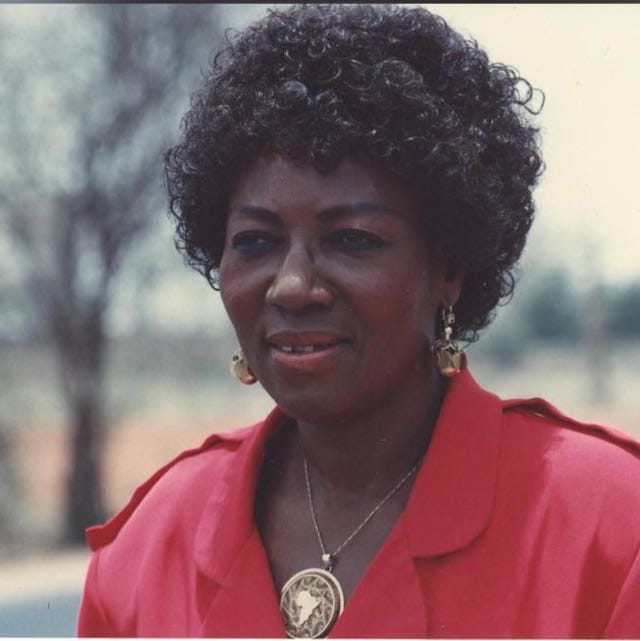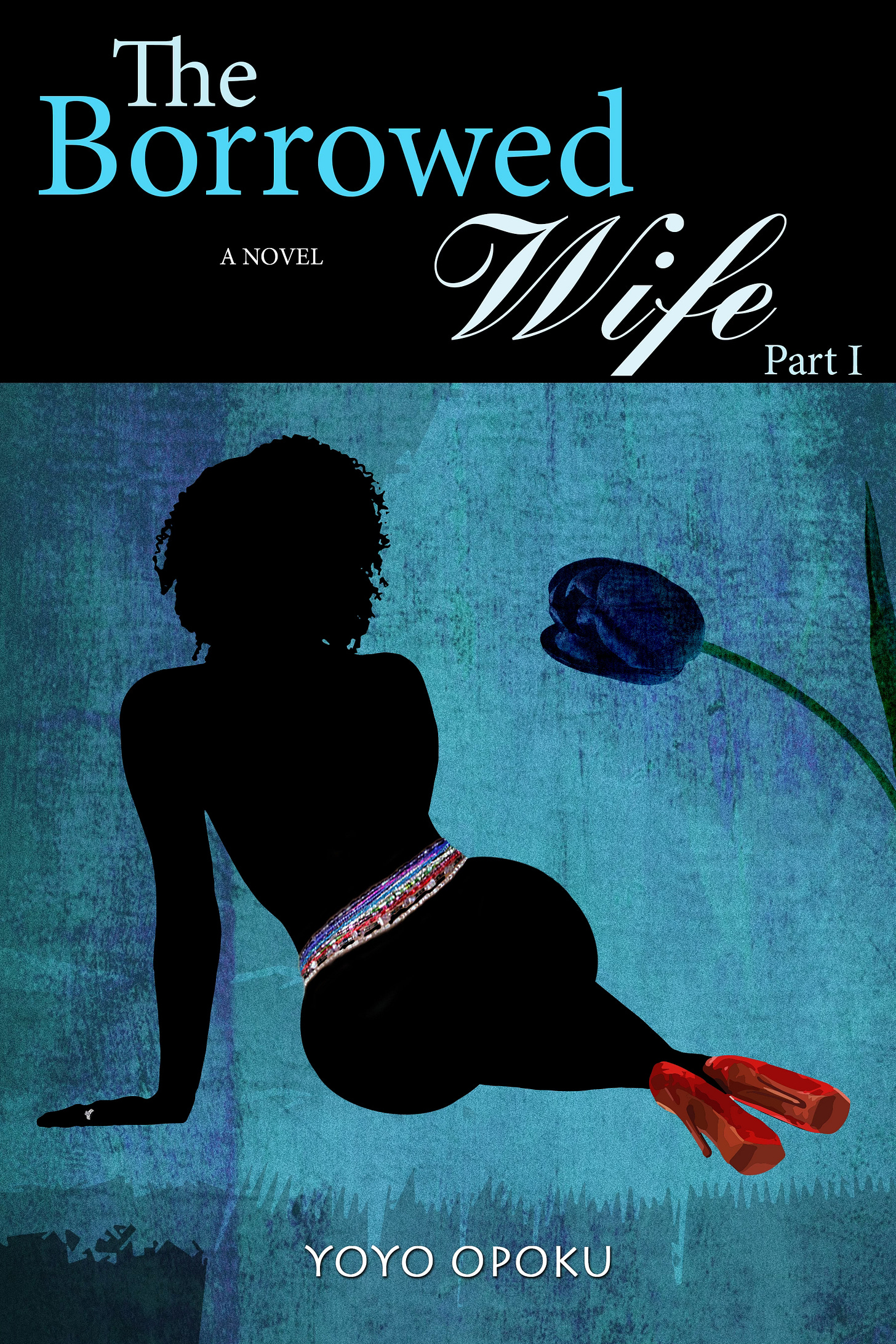How A Discussion on the Beach of Dakar Led Me Back To Writing
Remembering Auntie Naa
Walking along the sandy beaches of Dakar was the first time I ever said out loud that I wanted to be a writer.
I was 14 years old, young enough to dream freely, but just old enough to understand that some dreams weren’t meant to be shouted too loudly.
It was Auntie Naa who asked me the question, casually, almost teasingly:
“So, Yoyo, what do you want to be when you grow up?”
Without thinking, I blurted out:
“A writer.”
She repeated it slowly, almost tasting the word:
“A writer?” Her voice a mixture of skepticism and concern.
The truth was, I didn’t love writing… yet. What I loved were stories, the art of creating something out of nothing. I loved spinning entire worlds from overheard conversations or glimpses of forgotten paintings. I could spend hours sitting alone, letting my imagination fill the air around me like ocean mist.
Auntie Naa’s reaction was exactly what I expected: skeptical, practical, protective.
But somehow, I had surprised myself that day.
I hadn’t said "doctor," "lawyer," or "engineer" like I knew I was supposed to. I hadn’t repeated the assumptions that would earn proud smiles or hopeful nods from my family.
I just... told the truth.
At home, I often overheard my mother’s pride echoing through our walls:
"Yoyo is so smart, she'll make an excellent lawyer."
"Maybe she'll be the first doctor in our family!"
"Just wait, she’ll be the first millionaire!"
Their dreams for me were heavy and precious, hopes wrapped in love, sacrifice, and the desire for me to reach heights they had only imagined.
That day on the beach, Auntie Naa said it softly, but seriously:
“My dear daughter, writing is not an easy life. Many writers starve before anyone reads their books. Why not be a doctor? Or a lawyer? You are too brilliant to waste it.”
And then, the final blow:
“You will surely starve if you think writing alone can feed you.”
So I did what many of us do with our tender, untested dreams:
I tucked it away.
I buried it under logic, love, and just a little fear.
And I didn’t unlock it again for almost 20 years.
It wasn’t until after college degrees, careers, motherhood, and the busy business of "being practical" that something began tapping at the edges of my mind again.
A story.
Characters.
Conversations.
Scenes and colors and emotions.
They visited me in dreams, whispered to me during early mornings and late nights, and filled the pages of my notebooks until I couldn’t ignore them anymore.
Over the course of eight years, I completed my first novel, The Borrowed Wife.
A story that once lived only in my imagination finally made its way into the world, stubborn, beautiful, and alive.
That afternoon in Dakar, when I shyly claimed my dream, had planted a seed I didn’t fully understand at the time:
No matter how long you tuck a dream away, if it’s truly yours, it will find its way back to you.
Today, I find myself in a role no one else even interviewed for—a position that allows me to write full-time, to create beautiful stories, and to honor the imagination of that 14-year-old girl on the beach.
As I write this, chasing the dream that once seemed too fragile to say aloud, I think of Auntie Naa.
She recently passed away, but her voice still lingers: wise, protective, pragmatic, and full of love.
I understand now that her warning wasn’t meant to crush my dream—it was meant to prepare me for the road ahead.
Dreams aren’t always easy. The journey can be rocky, unpredictable, and winding. But every now and then, there’s a glimpse of sunlight breaking through the horizon.
So this is for you, Auntie Naa:
For asking the question no one else thought to ask a 14-year-old girl.
For an afternoon on the beach that still shines bright in my memory.
For reminding me that even the most hidden dreams have a way of finding the light again.
And for proving that no matter how far we travel, or how long it takes, the dreams woven into our souls will always find their way home.



